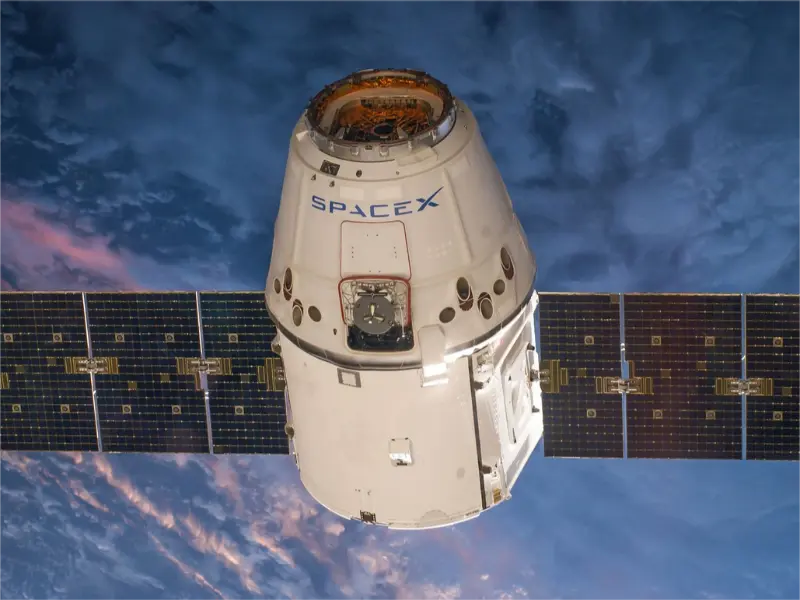- A U.S. appeals court supports SpaceX’s plan to deploy thousands of Starlink satellites.
- SpaceX and T-Mobile partner to ensure uninterrupted mobile service in disaster zones and remote areas.
OUR TAKE
A U.S. appeals court recently upheld the FCC’s approval of SpaceX’s expansion of its Starlink satellite network, which will significantly improve global internet access by deploying up to 29,988 satellites. The decision marks a significant victory for SpaceX over the objections of DISH Network and environmental groups concerned about potential interference and environmental impacts. The ruling upholds the FCC’s authority and sets the stage for major improvements in global connectivity, particularly in remote and disaster-prone areas. Meanwhile, SpaceX’s collaboration with T-Mobile promises to revolutionise mobile communications by maintaining connectivity even in extreme disaster scenarios.
–Heidi Luo, BTW reporter
What happened
A U.S. appeals court on Friday upheld the Federal Communications Commission’s (FCC) decision to approve SpaceX’s plan to deploy thousands of Starlink satellites to provide space-based broadband internet service. The confirmation allows SpaceX to proceed with its ambitious Gen2 Starlink project, which aims to launch up to 29,988 satellites to improve internet access worldwide.
The decision comes despite objections from DISH Network and a coalition of amateur astronomers and environmentalists who raised concerns about potential signal interference and environmental impacts. The court’s ruling affirmed that the FCC acted within its legal authority in granting the permits, which include authorisations for 4,425 first-generation satellites so far and an additional 7,500 in 2022.
This continued legal and regulatory support paves the way for SpaceX to significantly expand its satellite constellation, which promises to improve global connectivity and bridge the digital divide.
Also read: SpaceX secures $1.8B to develop covert US spy satellite network
Also read: Apple Partners with SpaceX to Supercharge iPhone SOS
Why it’s important
Starlink satellites have become increasingly important in emergency situations as they provide vital internet services to disaster-affected regions. One notable example is in Ukraine, where Starlink maintained internet connectivity after the conflict disrupted traditional satellite operations, and helped support essential communications and infrastructure. According to Mykhailo Fedorov, Ukraine’s Minister of Digital Affairs, some 15,000 people in Ukraine rely on Starlink’s internet service every day.
In addition, the technology partnership between SpaceX and T-Mobile, announced shortly after the court’s decision, aims to leverage Starlink’s capabilities to eliminate mobile dead zones. This initiative will use Starlink’s second-generation satellites combined with T-Mobile’s bandwidth to ensure connectivity in remote and disaster-stricken areas. The partnership promises to keep mobile phones working even when traditional cell towers are compromised.
Elon Musk highlighted the resilience of this technology, which he explained can maintain communications even in the face of severe natural disasters. He said that mobile phones would continue to function, which would ensure uninterrupted communications, even if an entire region lost connectivity due to events such as hurricanes, floods or fires, or if all traditional cell towers were destroyed.

